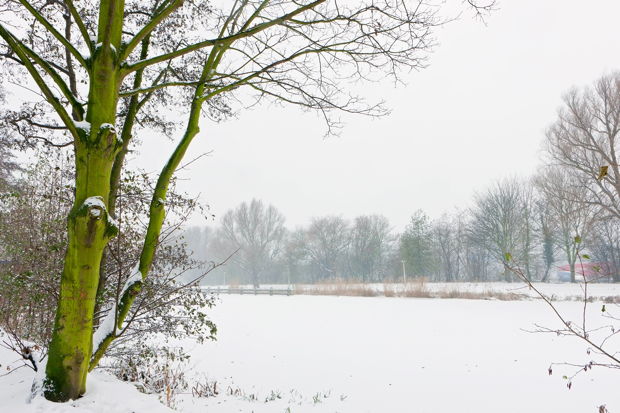Last year was one of the more difficult periods of my life. The word “horror” comes to mind. Aside from a few years of teen angst and a few months living in the exurbs of Dallas, I’ve never really struggled with depression. Anxiety? Perfectionism? Sure, but not depression. So last winter, I was completely blindsided by an overwhelming sense of dread and hopelessness. It probably had something to do with being pregnant, but mostly I attribute it to living unwisely for a very long time.

During my doctoral program, I worked four jobs and commuted through L.A. traffic two or three times a week. I completed my dissertation in two semesters rather than five. And then a season of loss took its toll as well: I said goodbye to friends and family — home — when we moved from L.A. I had said goodbye to a job I loved to be with my daughter Ellie and to finish my dissertation in such a short amount of time. I didn’t even get to say goodbye to Laska, my sweet rescue dog, before she was shot and killed while staying with my parents. I almost said goodbye to Ellie when she became seriously ill.
Ultimately the piper demanded to be paid. The final straw came when winter arrived here to Holland, Michigan, and I didn’t see the sun from November until May. There I was, great with child, staring at gray skies day after day, not knowing what was happening to me.
Because of my pregnancy, I refused medication and took matters into my own hands. Although my doctorate is technically in leadership, my work focused also on spiritual formation and soul care. If I couldn’t help myself, well then, I had just paid several thousand dollars to learn something that couldn’t even make a difference in my own life.
Could I practice what I preached? Would it work? I asked myself, what I would say to someone if they came to me with the symptoms I had and I came up with a program of five steps to follow everyday:
- Scripture and prayer. My spiritual life needed to increase, not decrease, as is so often the temptation in times like this.
- Exercise. The body is important to our spiritual formation, and exercise benefits us not only physically but psychologically as well.
- Follow the doctor’s orders. If the doctor had insisted on medication, I would have obliged, but since she didn’t, I opted not to use it.
- Talk to people. Don’t isolate.
- Focus on others. Depression and anxiety become a microscope by which you analyze, over and over again, your own life and the problems you struggle with. Might turning this around and focusing on others, loving others well, get us out?
I made sure to do these steps every day. One, two, three, four, five, repeat. Of them all, I think number five had the most effect on my outlook, which really isn’t a surprise when you look at some of the research on clinical depression. Although it seems counterintuitive, high rates of depression correspond with high rates of self-absorption. In other words, depression can be a vicious cycle when it makes us focus on our own problems, which in turn causes more depression.
See, I don’t think our problem is that we love ourselves too little — it’s that we love others too little. We are so quick to turn inward when things go wrong, and I believe that a great number of suffering people would benefit more by volunteering in a soup kitchen than sitting on a psychiatrist’s couch for an hour a week.
The way out for me was by loving others well. I’m not saying that medication or other therapy is wrong or that this is the only solution. Each case is different and there are situations in which medication or other therapy is necessary. But I am saying that loving others must be part of any plan to get well and get whole. In the mind of Jesus, loving others flows out of our love for God. “‘What is the greatest commandment?’ ‘Love the Lord your God with all your heart and all your soul and all your strength.’ The second is like it, ‘Love your neighbor as yourself.’”
I don’t exactly know how to love others well, all the time, but that’s what I’m exploring these days. I do know that we need one another, far more than we realize.
A version of this piece was first posted at Halee’s blog, hgscott.com.